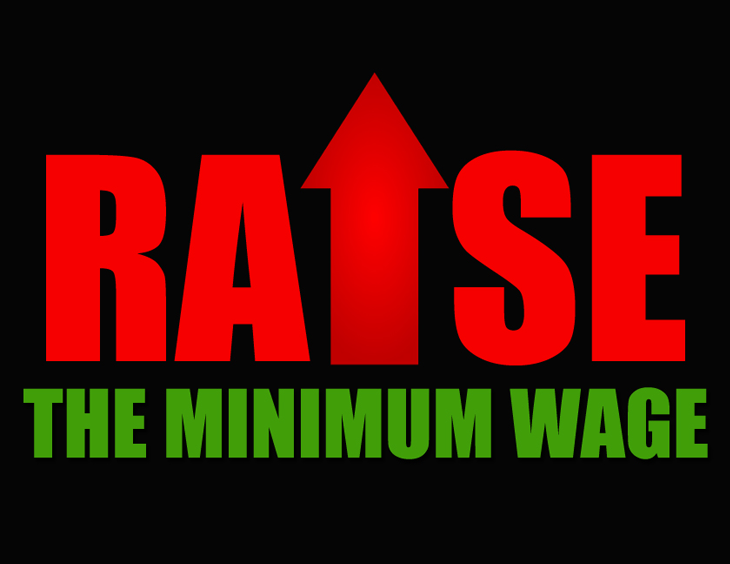
Labour Federation welcomes recommendations for $15 Minimum Wage by October 2023
Halifax, N.S.: Nova Scotia Federation of Labour President Danny Cavanagh welcomes the news that Nova Scotia’s Minimum Wage Review Committee has submitted its report with recommendations on the minimum wage rate, proposing a faster path to reaching $15 per hour. The Committee is recommending the Nova Scotia’s minimum wage rate increase as per below:
The report includes the following recommendations on raising the minimum wage:
— an increase of 90 cents an hour to $14.50 on April 1
— an increase of 50 cents an hour to $15 on October 1
— starting April 1, 2024, the minimum wage would be adjusted on April 1 of each year by the percentage change in the projected annual national consumer price index (CPI) for the previous calendar year, plus an additional one per cent.
Cavanagh says it’s crucial that our province stays on top in the Atlantic region, with both P.E.I. and Newfoundland reaching $15 this fall.
“This is good for the economy, and when we think about it, the minimum wage will increase from $13.60 today in 2022 and get to $15 an hour in Oct of 2023. Much evidence suggests that higher minimum wages lead to a more robust economy. Cavanagh says employers can plan accordingly for increases in April and October, which they continually ask for. He says it will also help them keep workers here and working. We see other provinces moving to a minimum wage of $15 an hour, with many heading towards a living wage.
“Government and others must understand that this benefits workers, employers, and the economy. People spend their hard-earned paychecks in the local economy when they have money. They don’t hold their money in offshore accounts or avoid taxes. Better wages and benefits bring lower turnover rates leading to more stable jobs,” says Cavanagh.
Cavanagh says the minimum wage can be an essential tool for reducing poverty and income inequality so long as it is high enough to lift workers out of poverty. As we know, poverty and child poverty rates are very high in our province, and this will help with that. It’s not the total answer but one factor that helps families. We know that 16.6% of minimum wage earners in Nova Scotia are single-income providers in their families, and 62.1% of this subset of minimum wage earners rent their living accommodations. With average rents in our Country at $2K a month, many minimum wage earners struggle, and low pay affects their ability to pay for their family essentials such as food, clothing and transportation.
“Our Federation will continue to fight for a higher minimum wage and a living wage because we know that increasing the minimum wage benefits the working poor, not just those working for the minimum wage. The minimum wage is the benchmark or reference point for employers and employees in setting and negotiating salaries. Increasing the minimum wage puts upward pressure on other meagre wages; if it remains low, these wages will stagnate,” says Cavanagh.






